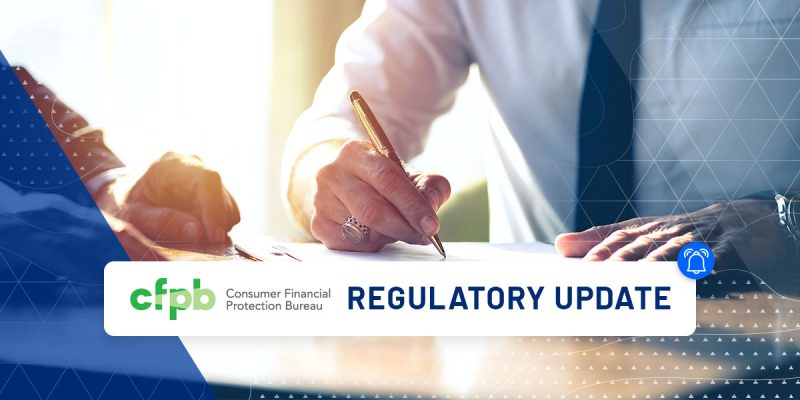The assessment and report are required by the Dodd-Frank Act, which created both the CFPB and the requirements that became the TRID Rule. The CFPB also requested public comment on the effects that the TRID Rule has had on various aspects of the residential mortgage market. Comments are due no later than January 21, 2020.
Of interest to the mortgage industry, the CFPB specifically requests comment on the implementation costs and ongoing costs to the industry of compliance with TRID, its effect on lenders’ ability to sell loans in the secondary market, and its effect on the way lenders disclose information to applicants. In order to assess whether initial disclosures have become more effective or timelier after TRID, the CFPB indicates that a ‘consumer-level dataset’ covering periods before and after the implementation of TRID would be ‘informative.’
The ‘ideal’ dataset would include the type of disclosure, disclosure date, whether it was re-disclosed and the reason for the re-disclosure, and the information disclosed, such as loan terms, structure, fees, and closing costs. In order to assess the effect of TRID on mortgage markets generally, the CFPB requests information on whether the TRID Rule affected price or volume of mortgage origination by product type (construction, subordinate liens, or manufactured housing loans, for example), whether it caused any entry, exit or consolidation in any parts of the market, and whether it changed the relationship between lenders and other service providers, such as settlement agents or lender affiliates.
In this blog post concerning legal and regulatory matters of interest to the mortgage industry, Sandler Law Group (SLG) provides general information and industry observations that are not motivated by or concerned with a particular past occurrence or event, or a specific existing legal problem of which SLG is aware. Nothing published herein is intended to constitute legal advice and the use of the blog post by a reader shall not give rise to an attorney-client relationship with SLG. SLG expressly disclaims any representation of accuracy or reliability as to the content of this blog post, as well as any obligation to maintain such content over time or to ensure it is free from errors. Brad Cope is the attorney responsible for the SLG content of this blog post. Unless otherwise noted, the attorneys of SLG are not certified by the Texas Board of Legal Specialization.



